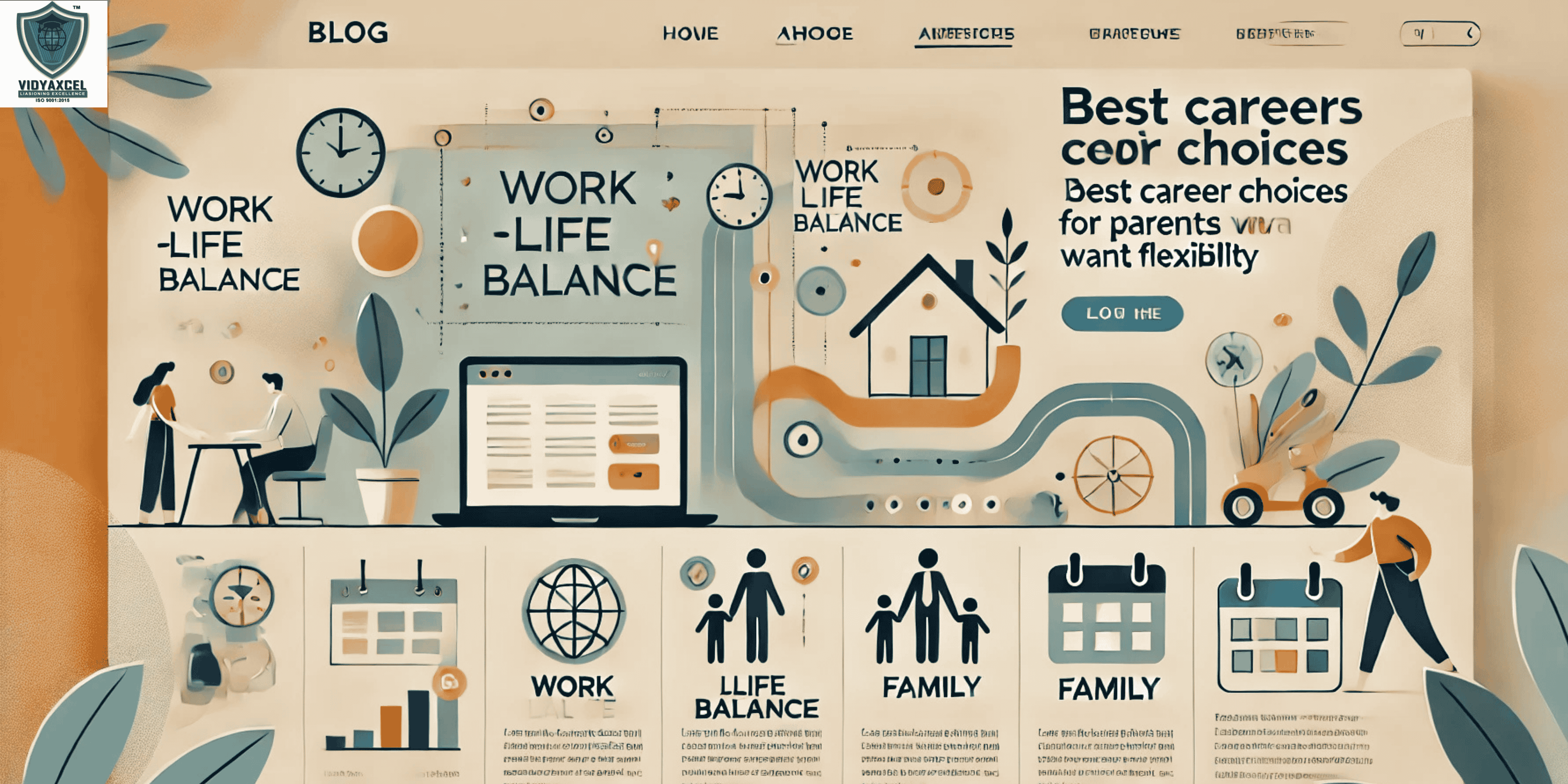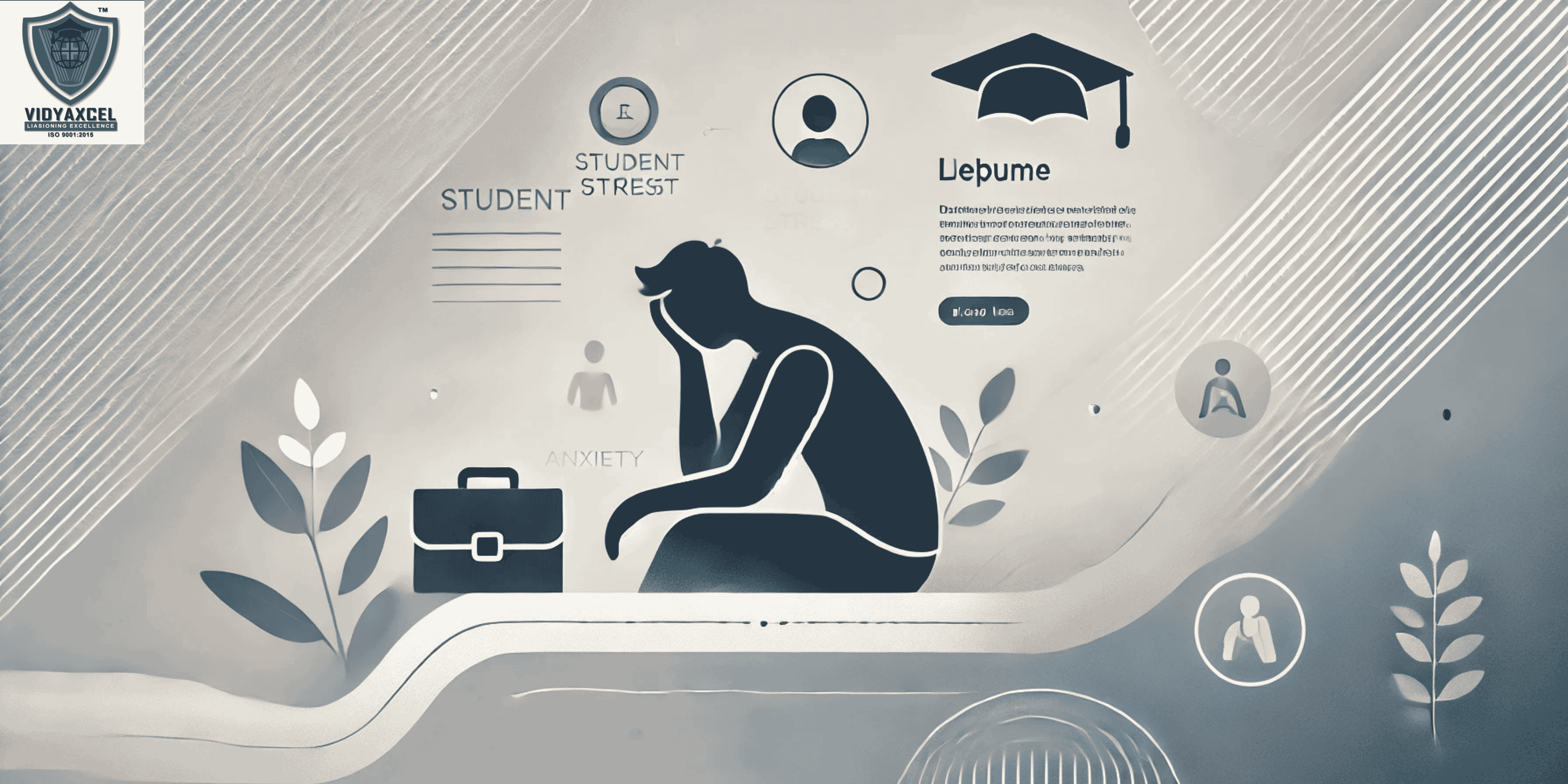Blog Details

07Dec
Gender and Career Choices
Career choices have often been shaped by gender stereotypes, limiting individuals' potential and reinforcing outdated norms. These biases discourage boys and girls from exploring non-traditional fields, such as women in technology or men in caregiving roles. Breaking these stereotypes is not only essential for individual growth but also for fostering a more equitable and innovative workforce.
By encouraging equal opportunities in all career paths and showcasing diverse role models, we can inspire the next generation to pursue their passions without the constraints of societal expectations. This shift towards inclusivity empowers individuals to thrive in fields that align with their interests and talents, redefining success beyond traditional boundaries. By encouraging exploration across all career paths and highlighting inspiring role models, we can empower the next generation to make choices based on passion and talent rather than societal norms.
Key Points of Discussion
1. Historical Influence of Gender on Careers
- Traditional roles assigned women to caregiving professions (nursing, teaching) and men to technical or leadership positions (engineering, management).
- These stereotypes were reinforced by media, education, and workplace dynamics, limiting career exploration.
2. Current Trends Challenging Norms
- Women entering STEM fields, leadership roles, and entrepreneurship at higher rates.
- Men pursuing careers in education, nursing, and the arts, traditionally considered female-dominated sectors.
- Gender-neutral policies in education and workplaces encouraging diversity.
3. The Impact of Gender Bias
- Persistent biases in hiring, promotions, and pay scales deter gender inclusivity in some fields.
- Gender bias affects the self-confidence and aspirations of individuals from a young age.
4. Benefits of Breaking Stereotypes
- Diverse perspectives in traditionally gendered industries foster innovation and creativity.
- Challenging norms helps bridge skill gaps and contributes to economic growth.
- Encouraging children to pursue their interests, irrespective of gender, creates a more inclusive future.
Breaking Gender Stereotypes in Career Exploration
- Challenging Traditional Norms
- Careers such as nursing, teaching, and fashion have historically been viewed as "female-oriented," while engineering, technology, and construction are considered "male-dominated."
- Modern initiatives in schools and workplaces aim to dismantle these notions, encouraging young people to pursue fields they are genuinely passionate about.
- Redefining Representation
- Visibility of men in caregiving roles and women in STEM fields helps normalize these choices for future generations.
- Media, education, and public campaigns play a vital role in reshaping perceptions about what men and women can achieve.
- Creating Gender-Neutral Environments
- Schools offering unbiased career counseling and diverse extracurricular activities.
- Encouraging girls to participate in robotics clubs or coding boot camps and boys to explore nursing or teaching internships.
Encouraging Equal Opportunities for Boys and Girls in Non-Traditional Fields
- Educational Initiatives
- Introduce gender-neutral career exploration tools and resources in schools.
- Provide equal access to technical training, scholarships, and mentorship opportunities for all genders.
- Supportive Parenting and Mentoring
- Parents should encourage children to explore diverse interests without imposing traditional expectations.
- Mentors from diverse backgrounds can provide real-world insights and inspire young individuals to follow unconventional paths.
- Workplace Policies and Practices
- Organizations should implement inclusive hiring practices, ensuring representation in all roles.
- Support networks, such as women-in-tech groups or male-ally organizations in caregiving fields, help create an equitable work culture.
Highlighting Role Models from Diverse Backgrounds
- Inspiring Women in Male-Dominated Fields
- Ada Lovelace, the first computer programmer, and Kalpana Chawla, an astronaut, serve as pioneers for women in STEM.
- Modern role models like Reshma Saujani, founder of Girls Who Code, encourage girls to explore technology careers.
- Inspiring Men in Female-Dominated Fields
- Greg McHugh, a prominent male nurse, and Fred Rogers, an influential educator, demonstrate that caregiving and teaching are not gender-specific.
- Advocacy groups like MenTeach help normalize men’s presence in early childhood education.
- Diverse Voices Across All Fields
- Role models from various cultural and socio-economic backgrounds offer relatable inspiration for underrepresented groups.
- Highlighting these stories in schools, media, and career guidance workshops broadens perspectives for young individuals.
Conclusion
Breaking gender stereotypes in career choices is a vital step toward building a more inclusive and equitable society. Encouraging boys and girls to explore non-traditional fields and highlighting diverse role models fosters an environment where opportunities are determined by talent and passion rather than societal norms. By challenging outdated perceptions and promoting equal opportunities, we empower individuals to pursue careers that align with their true potential. Together, as families, educators, and communities, we can create a future where career paths are chosen freely, contributing to a more innovative, diverse, and successful workforce.
FAQ’s
How does gender influence career choices?
Gender influences career choices through societal norms, stereotypes, and cultural expectations that often assign specific roles to men and women.
How can parents encourage non-traditional career choices for their children?
Parents can support exploration of diverse interests, challenge stereotypes, and provide resources to help children pursue their passions without bias.
What challenges do individuals face when pursuing non-traditional careers?
Challenges include societal judgment, workplace bias, and lack of support or mentorship in industries where their gender is underrepresented.
Why breaking gender is stereotypes in careers important?
Breaking stereotypes allows individuals to explore their full potential, promotes diversity in the workforce, and contributes to economic growth by reducing skill gaps.
How does media impact gender and career choices?
Media often reinforces or challenges stereotypes through representation of gender in professions, shaping perceptions about what is “acceptable” or achievable.
Our Office: West Bengal, Maharashtra & Delhi.
For More Infomation about admission in Medical, Engineering, Management & Study in Overseas Details.
View Current Study Overseas, Medical, Engineering & Management Admission Details Video.





